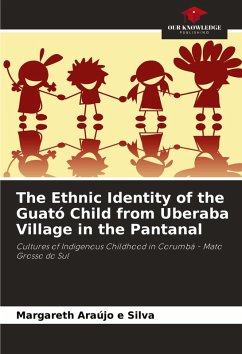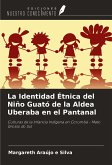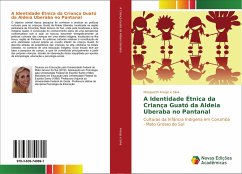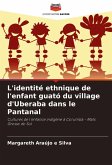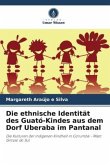The main objective of this research was to learn about and analyse the cultural practices of the Guató children of Uberaba Village, located in the Pantanal region of Corumbá, Mato Grosso do Sul, where the Guató indigenous land is located. The construction of knowledge was based on a contextualist perspective, which sought to ethnographically describe the cultural practices of children in an indigenous village located on Ínsua Island, in the Pantanal region. The cultural practices relating to the constitution of a cultural identity specific to the Guató children's world were described through the children's experience of daily life in Uberaba Village, in the context of indigenous education. This study was based on field research, which was mainly based on the children themselves, through direct observation supported by contributions from anthropology, education and social psychology.
Bitte wählen Sie Ihr Anliegen aus.
Rechnungen
Retourenschein anfordern
Bestellstatus
Storno

